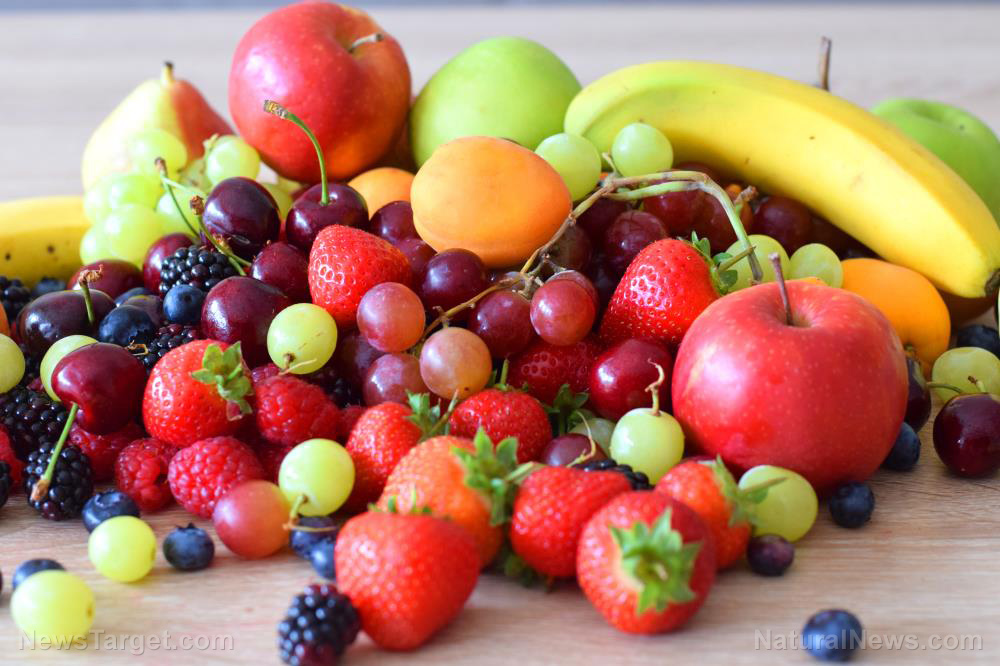When you say “thank you”, do you really mean it or is it just politeness to which you give little attention? Neuroscientists have found that if you really feel it when you say it, you’ll be happier and healthier. The regular practice of expressing gratitude is not a New Age fad; it’s a facet of the human condition that reaps true benefits to those who mean it.
Psychologists Dr. Robert Emmons of the University of California at Davis and Dr. Michael McCullough of the University of Miami published a study in 2015 that looked at the physical outcomes of practicing gratitude. One-third of the subjects in the study were asked to keep a daily journal of things that happened during the week for which they were grateful. Another third was asked to write down daily irritations or events that had displeased them. The last third of the group was asked to write down daily situations and events with no emphasis on either positive or negative emotional attachment. At the end of the 10-week study, each group was asked to record how they felt physically and generally about life.
The gratitude group reported feeling more optimistic and positive about their lives than the other groups. In addition, the gratitude group was more physically active and reported fewer visits to a doctor than those who wrote only about their negative experiences.
Better Physical Health
Other research into the physical effects of gratitude report even more tangible results. Focusing on the positive and feeling grateful can improve your sleep quality and reduce feelings of anxiety and depression. Furthermore, levels of gratitude correlate to better moods and less fatigue and inflammation, reducing the risk of heart failure, even for those who are susceptible.
Gratitude and Your Brain
The reasons why gratitude is so impactful to health and well-being begin in the brain. In a neurological experiment conducted by researchers at the University of California at Los Angeles, brain activity was measured using magnetic resonance imaging as subjects were induced to feel gratitude by receiving gifts. The areas of the brain showing increased activity were the anterior cingulate cortex and medial prefrontal cortex—those associated with moral and social cognition, reward, empathy, and value judgment. This led to the conclusion that the emotion of gratitude supports a positive and supportive attitude toward others and a feeling of relief from stressors.
Gratitude activates the hypothalamus as well, with downstream effects on metabolism, stress, and various behaviors. The hypothalamus is located at the base of the brain and regulates hormones responsible for many critical functions, such as body temperature, emotional responses, and survival functions like appetite and sleep. One of the neurochemicals associated with the parts of the brain affected by gratitude is dopamine, a pleasure hormone.
The positive influence of gratitude on mental health continues past a particular event if the emotion is relived:
“…a simple gratitude writing intervention was associated with significantly greater and lasting neural sensitivity to gratitude–subjects who participated in gratitude letter writing showed both behavioral increases in gratitude and significantly greater neural modulation by gratitude in the medial prefrontal cortex three months later.”
In fact, this lasting effect is psychologically protective. In adolescents, feelings of gratitude have shown an inverse correlation with bullying victimization and suicide risk. Gratitude affects brain function on a chemical level and its practice promotes feelings of self-worth and compassion for others.
3 Steps to Becoming More Grateful
In times of hardship or stress, it might seem difficult to be grateful. But if you really think about it, we all have something to be grateful for. If you engage in only one prayer, let it be simply a heartfelt “thank you”. Here are three easy ways to put yourself in the mindfulness of gratitude.
- Keep a daily journal of things you are grateful for—list at least three. The best times for writing in your journal are in the morning as your day begins or at night before sleep.
- Make it a point to tell people in your life what you appreciate about them on a daily basis.
- When you look in the mirror, give yourself a moment to think about a quality you like about yourself or something you have recently accomplished. source
Through the power of gratitude, you can rewrite your brain to be optimistic and compassionate, making you feel good. The more you look, the more you ca find to be grateful for. This positivity can extend to those around you, creating a virtuous cycle.
If you need help writing a gratitude list or want to learn how to feed yourself and others better nutrition in your mind, your soul and your body, contact me and I will help you.
donnaschuller@gmail.com
If you need help writing a gratitude list or want to learn how to feed yourself and others better nutrition in your mind, your soul and your body, contact me and I will help you.
donnaschuller@gmail.com


















